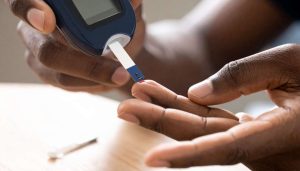A groundbreaking study from Universitat Autonoma de Barcelona (UAB) has revealed that 94% of the grey matter in mothers’ brains undergoes significant changes during pregnancy. The research, published in Nature Communications, highlights a reduction and partial recovery of up to 4.9% in grey matter volume, particularly in regions linked to social cognition.
Using advanced neuro-imaging techniques, the study is the first to analyze women’s brains during pregnancy. To differentiate the biological effects of pregnancy from the experience of motherhood, researchers also included non-pregnant mothers whose partners were expecting.
The research team, comprising experts from UAB, the Gregorio Marañón Health Research Institute, the Hospital del Mar Research Institute, and other international institutions, discovered that these brain changes are closely tied to the hormonal fluctuations of pregnancy and the mothers’ psychological well-being.
The study found that during the first pregnancy, the brain’s grey matter volume decreases by nearly 5%, with partial recovery observed postpartum. These changes are most prominent in brain regions associated with social cognition.
For the first time, the study demonstrated a link between these morphological changes and fluctuations in estrogen levels. Estrogen levels rise significantly during pregnancy and return to normal after delivery, with greater hormonal changes correlating with more pronounced reductions and subsequent recoveries in grey matter volume.
This research sheds new light on the dynamic nature of the brain during pregnancy and postpartum, emphasizing the intricate relationship between hormonal changes and brain structure.








